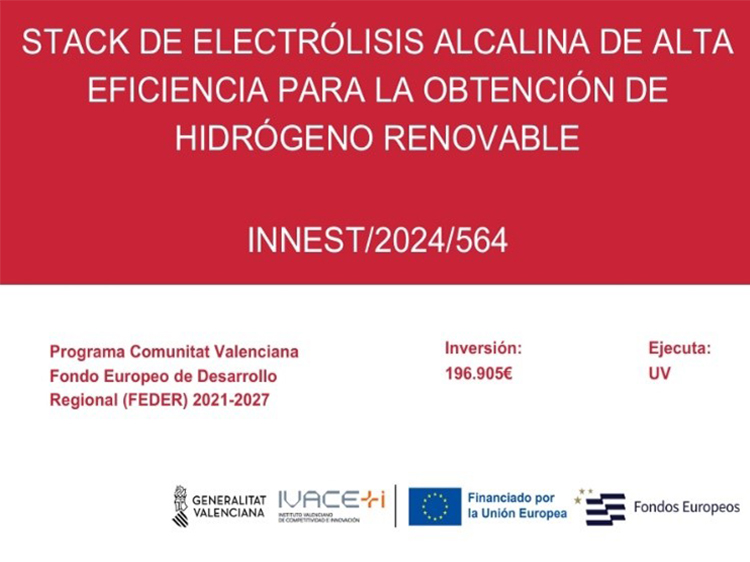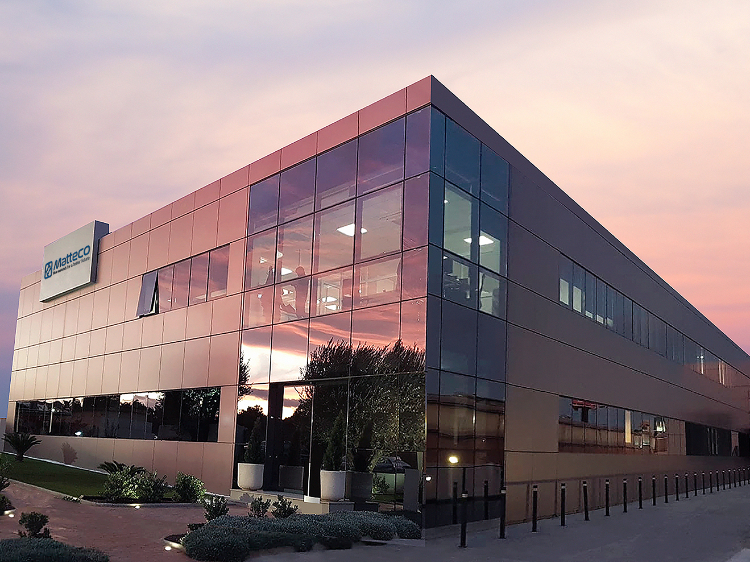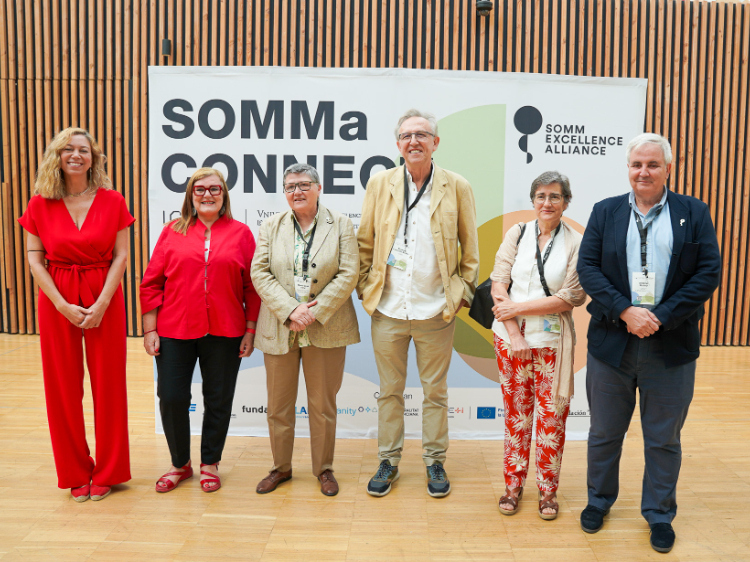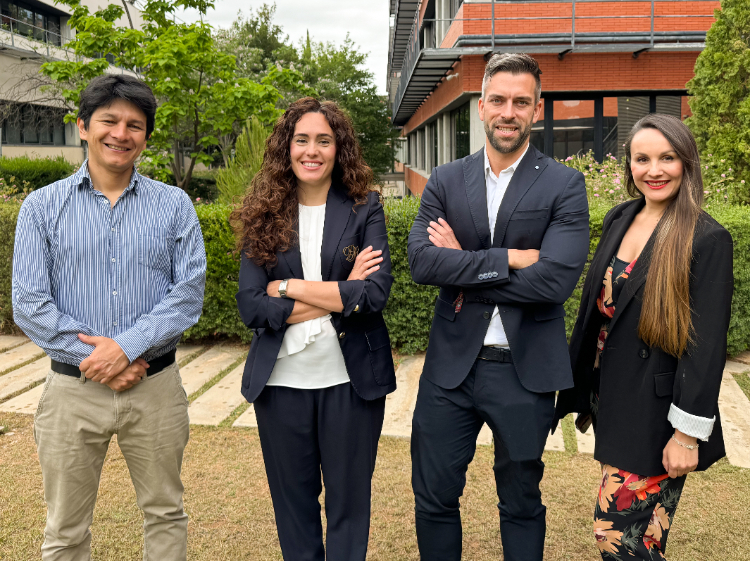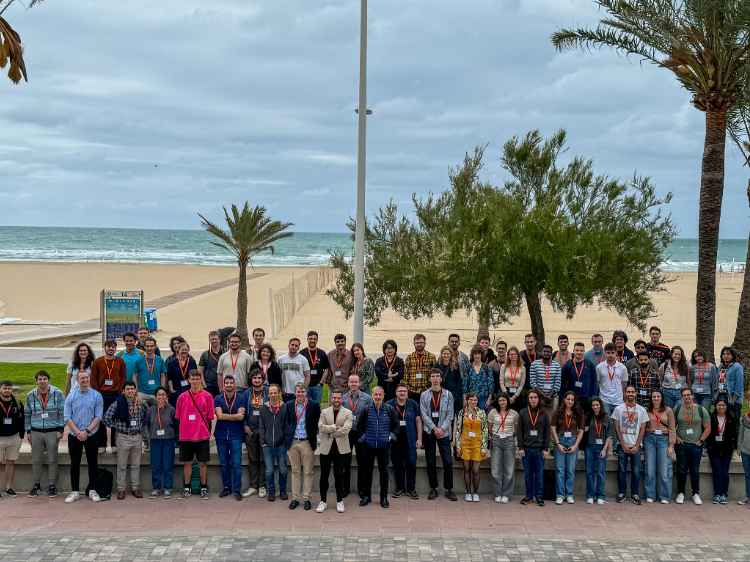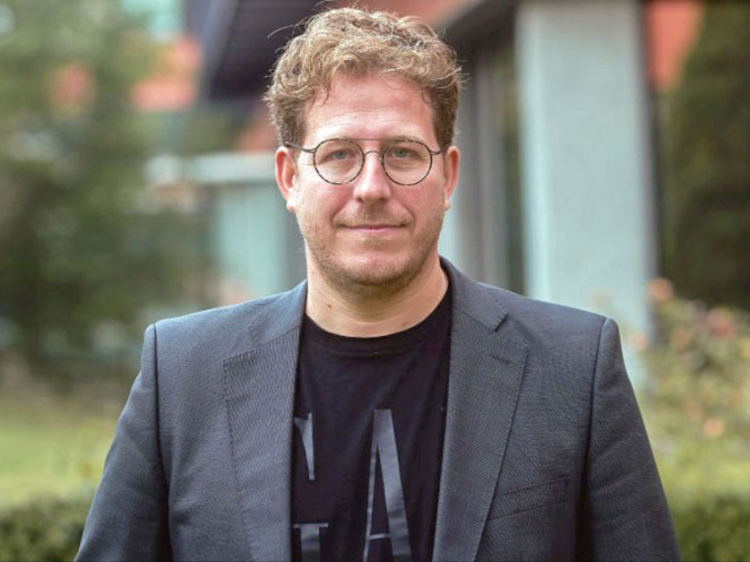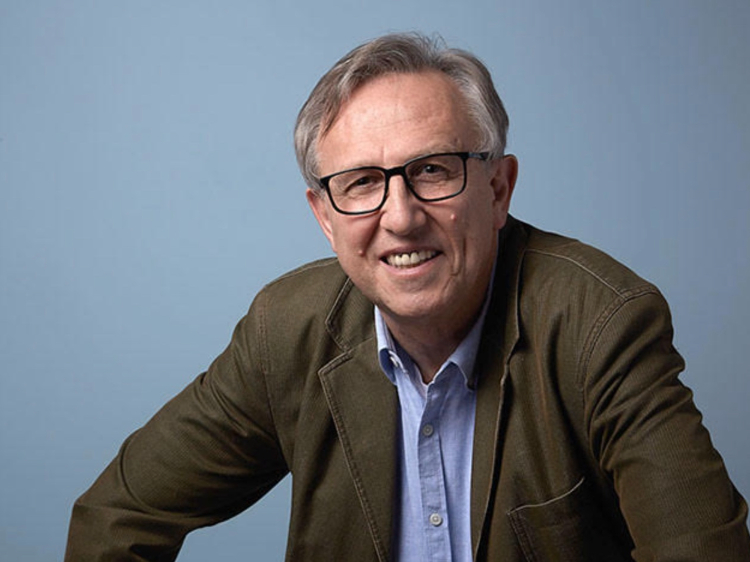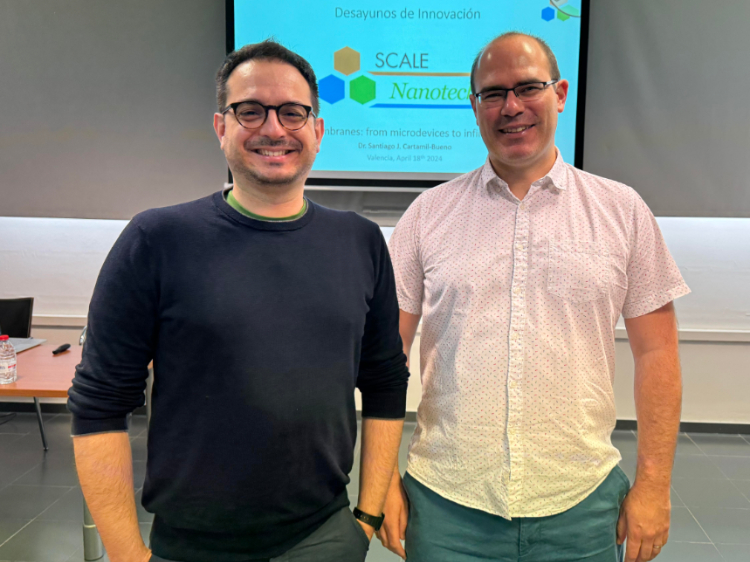Olivier Kahn International Award, IX edition
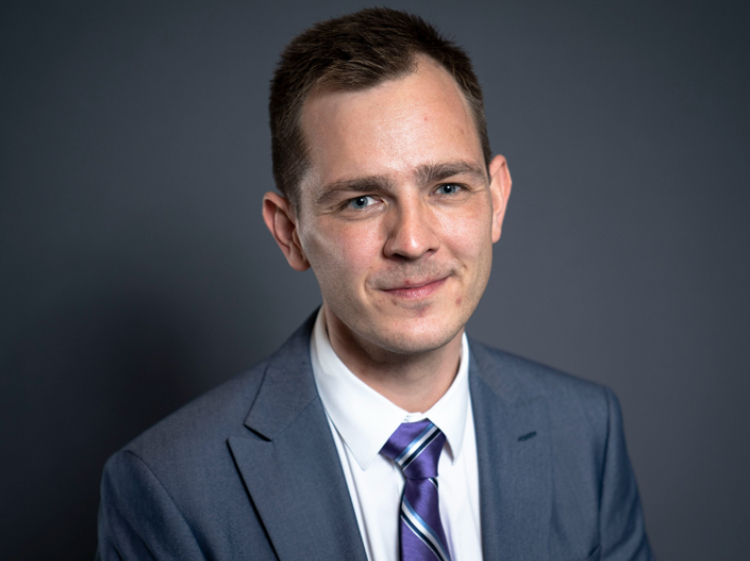
Olivier Kahn was a pioneer in molecular magnetism, a brilliant scientist and teacher, deeply committed to the promotion of talented young scientists. The European Institute of Molecular Magnetism follows the tradition of the MAGMANet European Network of Excellence that created a prestigious award bearing his name, the Olivier Kahn International Award, to honour a young scientist who has received his/her Ph.D. within the last 10 years. The award, an "Olivier Kahn Medal", designed by "La Monnaie de Paris", is accompanied by a prize of 3000 Euros, to help the laureate in his research. The 2024 laureate, Dr. Kasper Pedersen, presents an unusually wide range of interests and experimental techniques, supporting very high-level research contributions in various distinct academic areas, among them the design and synthesis of original magnetic molecules and molecular solids, and the study of their fundamental properties by using advanced spectroscopic and physical techniques. Kasper Pedersen earned his PhD thesis in Copenhagen and then performed several post-doctoral stays and scientific visits abroad (France, United States, Canada, United Kingdom) before returning to Denmark. At each step, he brought new ideas, proposed clever initiatives, pushed new projects, got remarkable results and was recognized as an outstanding and promising scientist. Kasper Pedersen has advanced the field of molecular magnetism through seminal contributions to the synthesis and studies of novel materials, such as:
- The synthesis of unique fluoride-bridged 3d-4f clusters tailored for magnetic refrigeration;
- The conceptualization of new modules and assemblies utilizing heavy transition elements with substantial orbital magnetic moment;
- The introduction of innovative methods and precise synthetic tuning and orbital energy alignments, for customizing redox non-innocence in molecule-based magnetic materials, offering a straightforward approach for controlling metal-ligand electron transfer events, up to tunable valence tautomerism in lanthanide-organic alloys;
- The creation of diverse materials exhibiting properties ranging from high-TC magnetism to conductivity, metallic behavior and multifunctional properties.
Kasper Pedersen’s trajectory led him from a priori simple chemical systems (3d elements, fluoride, cyanide ligands, …) and simple ideas (symmetry, ligand field, exchange interaction, anisotropy) to more and more complex materials (engineering of single-molecule and single-ion magnets, 4d, 5d, 4f complexes, organic ligands, 1D chains, 2D planes, 3D solids) and to subtle, often overlooked quantum phenomena in [UF6]2-, [OsF6]2-,... This was allowed by a deep understanding of molecular quantum science, high synthetic skills and mastery of advanced physical and spectroscopic techniques (using neutrons, synchrotron and electrons).
The scientific projects of Kasper Pedersen foresee the design and the studies of extended molecular framework materials with exotic magnetic and electronic properties, exploiting the synergies between metal ions and organic ligands, such as electron transfer and redox non-innocence. He proposed chemical simplicity and symmetry to design novel structural motifs, architectures, and properties. He considers a battery of physical methods to comprehensively characterize materials, from synchrotron facilities (XMCD, RIXS, …), to 3D electron crystallography at home, to accelerate materials discovery, towards molecularly encoded quantum materials. Exciting news are to come on the molecular magnetism agenda.
Presenting the social importance of his work, Kasper Pedersen writes:
"Advancements in technology fueled by quantum phenomena are improving energy efficiency, elevating the quality of life, and propelling economic growth. Quantum materials defy established theories in materials research, displaying intricate phenomena such as interference, tunnelling, fluctuations, entanglement, and topological effects not found in classical materials.
... The virtually unlimited chemical degrees of freedom available in the design of molecular building blocks will diversify materials property engineering beyond what is possible using all established routes.
Our group has developed routes to tailor the self-assembly of highly symmetric 2D molecular mosaics where the electronic structure is dictated by the synergy of the molecular and electronic structures encoded within the molecular modules. While the efforts are unashamedly fundamental in focus, they may have actual and proximal real-world ramifications. Notably, our unorthodox approaches have ultimately led to the discovery of record hard, rare earth-free magnets and magnetic coolants for ultralow-temperature refrigeration, for instance."
The international jury delivering the Award selected the laureate among a group of outstanding scientists, ladies and gentlemen, who have contributed actively to the development of molecular magnetism in Europe and have provided the international community with remarkable scientific results since their PhD thesis, less than 10 years ago.
The members of the jury were impressed by the youth, the mobility, and the very high standard of the candidates. They are pleased that all of the candidates have stable professional positions in their home countries or abroad and are leading their own research teams.
They wish the laureate and the candidates full success in the development of their remarkable and challenging projects.
The Award will be presented to the laureate on July 15th during the European Conference on Molecular Magnetism, ECMM 2024, to be held in Krakow, Poland on July 15-18. The laureate will present an invited lecture on this occasion.
The European Institute of Molecular Magnetism (EIMM)
The members of the 2024 Olivier Kahn International Jury:
Dante Gatteschi, Honorary President, Emeritus Professor, Università degli Studi di Firenze, Florence, Italy Michel Verdaguer, President, Emeritus Professor, Institut Parisien de Chimie Moléculaire, Sorbonne Université, Paris, France
Arzhang Ardavan, Professor, The Clarendon Laboratory, Department of Physics, Oxford University, United Kingdom
Marta Mas, Research Professor, Institute of Materials Science of Barcelona, High council for Scientific Research, Bellaterra, Spain
Dawid Pinkowicz, Professor, Photomagnet Group, Jagiellonian University, Krakow, Poland
Lorenzo Sorace, Associate Professor, LAMM, Università degli Studi di Firenze, Florence, Italy
Andrea Caneschi, Secretary, Professor, LAMM, University degli studi di Firenze, Florence, Italy
Paris, Firenze, June 22, 2024
Contact: andrea.caneschi@unifi.it
Consorzio Interuniversitario Nazionale per la Scienza e Tecnologia dei Materiali (INSTM)
Via G. Giusti, 9, I-50121 Firenze, Italy
Tel. +39-055-23387.13 (direct line)
Fax +39-055-2480111
